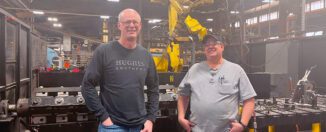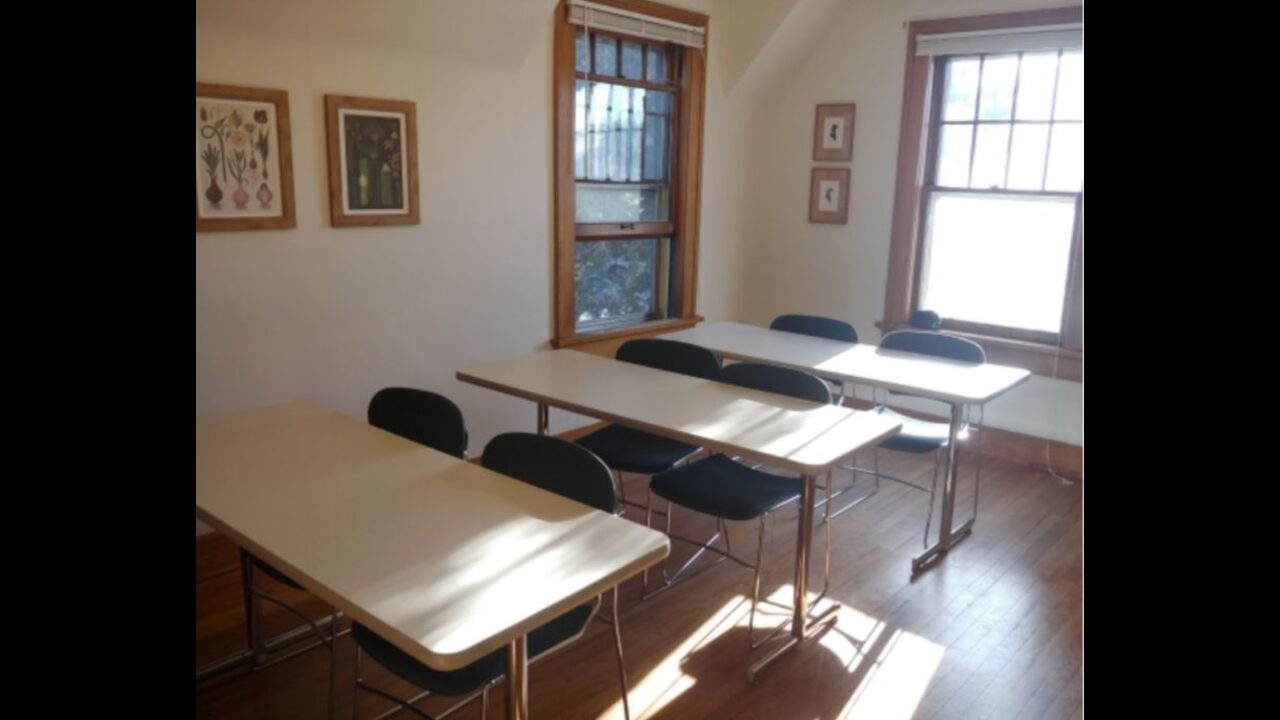Concordia Graduate Researching Diabetes Treatments
By Paige Uzzell
University of Central Florida’s assistant professor of materials science and engineering Dr. Elizabeth Brisbois, a Concordia class of 2008 alumnus, is currently conducting research to reduce infections connected with insulin pumps.
The research process began when Brisbois was in graduate school at the University of Michigan.
“I think it builds off of what I did my PhD research on. I think that’s when I really got involved in designing these biocompatible polymers” Brisbois said. “I started back then, just developing these new polymers and then looking at the different medical applications that we can use them for.”
The University of Central Florida requires professors to apply for and to receive research grants. This allows students to get the necessary research time required for their undergraduate and graduate studies.
“(W)hen I saw the opportunity of when the JDRF (Juvenile Diabetes Research Foundation) was looking for ways to improve the insulin pump I thought that’s like the perfect fit for the kind of research I know how to do in terms of making these polymers and how we can apply it to their insulin pumps and hopefully make it a better device for people,” Brisbois said.
Applying for a research grant is not a quick process. The entire process took Brisbois about a year, not including the time she has put into conducting the research itself. It was a two-part application, the first requiring a letter of intent, and if that is approved then the entire grant application can be submitted.
“I submitted the letter of intent last November. Then a couple of months later they selected me to submit the full entire grant application,” Brisbois said. “So, then that was busy putting together the whole entire document package and then finally a year later the money finally came, so it’s kind of a long process, but definitely worth it.”
Concordia helped prepare Brisbois for her future in the science field. The science and math classes that filled her class schedule helped to influence her to become the scientist she is today.
“I think that was a huge influence in terms of giving me that solid foundation that helped me prepare for going into graduate school and getting my PhD. So basically, I think Concordia just provided a really solid foundation to build upon and set me up for success,” Brisbois said.
Brisbois gives credit to both Dr. John Jurchen, Associate Professor of Chemistry, and Dr. Kristy Jurchen, Associate Professor of Chemistry, for helping her while she was a student at Concordia.
“I would say two people at Concordia that I would give a lot of credit to is the Jurchens. I mean first of all they’re really great teachers they taught me the chemistry concepts really well, but then they were probably the two people who really started encouraging me to apply to graduate school,” Brisbois said. “I think that encouragement really helped a lot in terms of giving me the courage to apply, and then I was really fortunate to get into a really good school like the University of Michigan.”
The research that Brisbois is currently working on will be able to help people with diabetes avoid adverse reactions to the cannula, a thin tube inserted into the user of an insulin pump. As of right now the cannula tube can cause complications like infections and encapsulation to the user.
“What we want to do is take the biocompatible polymers that we’re developing and basically put them on the insulin cannula, so then when the patient puts that insulin cannula into their body our polymer material will basically kill the bacteria that might be present, it’s also going to help modulate the inflammation process so that hopefully we will be able to maintain efficient insulin deliveries throughout that usage time,” Brisbois said.
The polymer that Brisbois is developing uses nitric oxide, which is a naturally occurring molecule found in the body. The immune system already uses nitric oxide to fight infections and tumors, so this will help prevent infections and encapsulations caused by a cannula not coated in the polymer.
For Brisbois, it took years of learning and maturing in the scientific world to be the scientist she is today. Her advice for young scientists is to push forward and to gain new experiences.
“While you’re working on your degree, learn to become detail-oriented, a team-player, and build a solid foundation in the fundamental concepts. Be adventurous and gain broad exposure to various scientific fields through your classes and reading the latest journal articles.” Brisbois said. “Start building a network of scientists and mentors, starting with your Concordia professors, who are an excellent resource for career advice or connections to internship or job opportunities. Gain research experience, especially early on, through various internships and summer programs since you never know if you’ll get hooked until you try.”
Science is a passion for many, whether to heal the sick, to save an endangered species, or to create a new polymer to help people who have diabetes. This passion can drive people to help others in the real world.
“Exploring the frontiers of science through research is an exciting way to learn how to apply the fundamentals in order to better understand or solve a real world problem,” Brisbois said. “These types of experiences will help you follow your passion and set you up for success in your future endeavors.”













